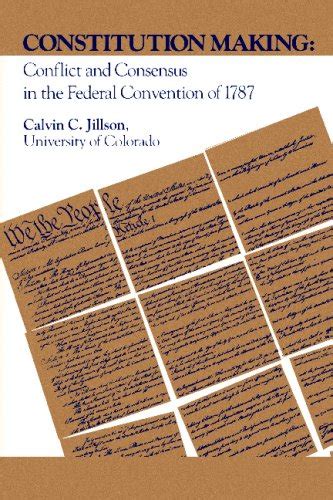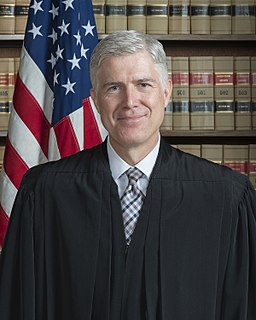A Quote by Gerald R. Ford
I know well the coequal role of the Congress in our constitutional process. I love the House of Representatives. I revere the traditions of the Senate despite my too-short internship in that great body. As President, within the limits of basic principles, my motto toward the Congress is communication, conciliation, compromise, and cooperation.
Related Quotes
Be it enacted by the Senate and House of Representatives of the United States of America in Congress assembled, That (a) the President of the United States is authorized to present, on behalf of the Congress, a gold medal of appropriate design to the family of the late Honorable Leo J. Ryan in recognition of his distinguished service as a Member of Congress and the fact of his untimely death by assassination while performing his responsibilities as a Member of the United States House of Representatives.
Our president delivered his State of the Union message to Congress. That is one of the things his contract calls for -- to tell congress the condition of the country. This message, as I say, is to Congress. The rest of the people know the condition of the country, for they live in it, but Congress has no idea what is going on in America, so the president has to tell 'em.
The day after Republicans won solid majorities in the House and Senate, House Speaker John Boehner and Senate Majority Leader-to-be Mitch McConnell outlined priorities for the newly elected Congress. High on the list is fundamental tax reform. In addition to overhauling the federal tax code, however, Congress should rein in the Internal Revenue Service.
If the president is the head of the American body politic, Congress is its gastrointestinal tract. Its vast and convoluted inner workings may be mysterious and unpleasant, but in the end they excrete a great deal of material whose successful passage is crucial to our nation's survival. This is Congress's duty.
It is fundamental that the great powers of Congress to conduct war and to regulate the Nation's foreign relations are subject to the constitutional requirements of due process. The imperative necessity for safeguarding these rights to procedural due process under the gravest of emergencies has existed throughout our constitutional history, for it is then, under the pressing exigencies of crisis, that there is the greatest temptation to dispense with fundamental constitutional guarantees which, it is feared, will inhibit governmental action.
President's personal staff has a unique role. They're his intimate personal advisers, and the tradition and the precedent has been, even when I was national security adviser, that people in that position do not testify before the Congress. They talk to the Congress. They have meetings with the Congress.
Today the path of total dictatorship in the United States can be laid by strictly legal means, unseen and unheard by the Congress, the President, or the people. Outwardly we have a Constitutional government. We have operating within our government and political system, another body representing another form of government - a bureaucratic elite.


































